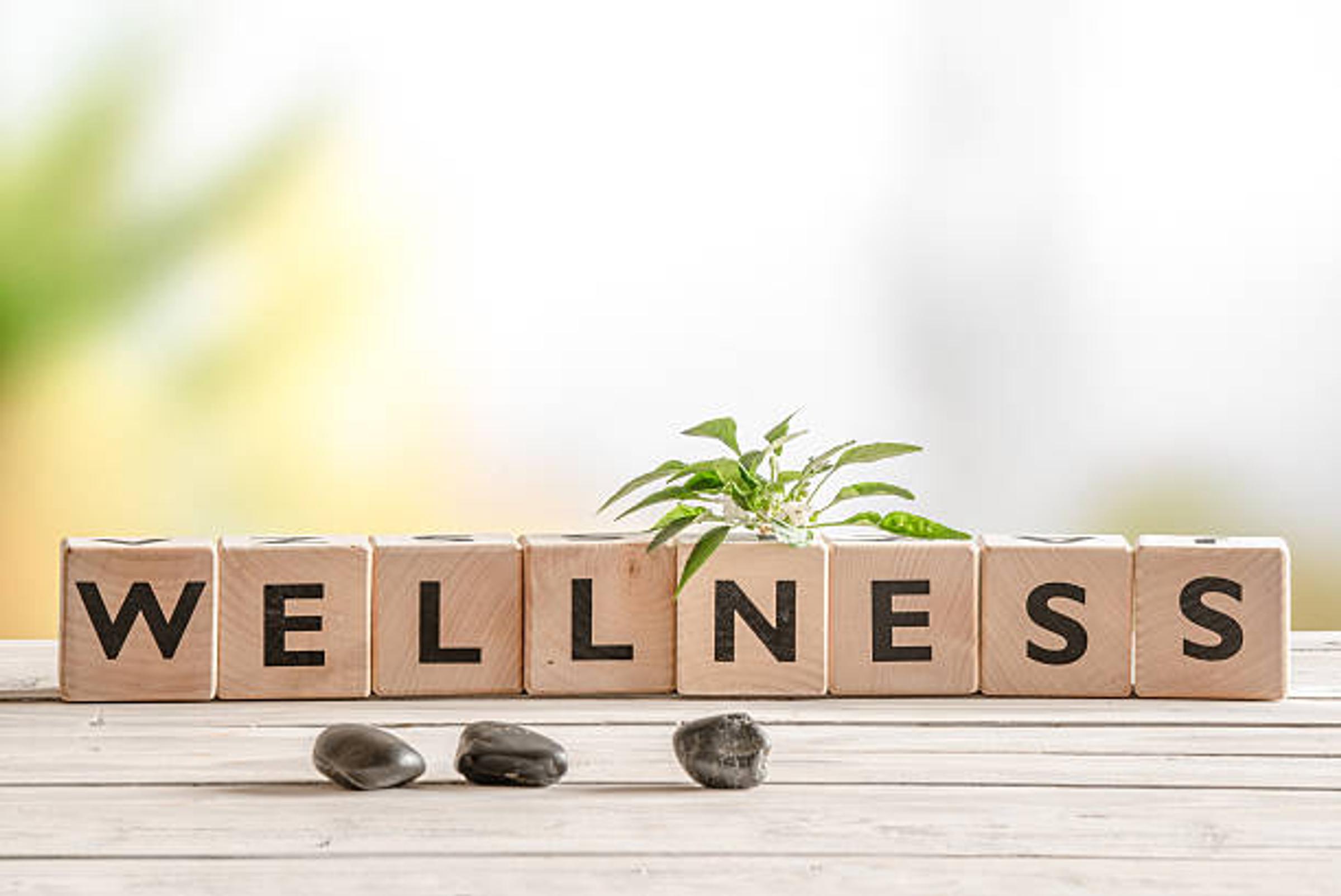Pastoral Wellbeing

7 Tips to prepare your kids for school camp
Going on an overnight school camp is an amazing experience that builds resilience and confidence, but that first time away can also be a little scary. Here’s some good advice for new campers and their parents.
Share your own experiences
The main goal for parents should be to focus on the positives. Talk to them about what you remember from your own school camps and all the things that made them such a great experience. It’s a great way to connect with your kids and build some excitement. You can also explain to them how you overcame your own challenges.
Talk about the activities they will do
Check what activities the school has planned for camp and talk about them with your child. Find out what they’re excited about, and if there’s anything they find a little scary. If possible, take a look at the camp’s website together and check out the pictures and videos of where they’re going.
Camp Weekaway (Year 3/4) DOXA Camp (Year 5/6)
Practise sleepovers
If your child has never been away from home before for the night, it’s a good idea to let them have a few sleepovers with family or friends before they go away on camp. It’s an easy way for them to get used to sleeping away from home, and they’ll soon find out it’s not that bad.
Talk to the teacher if you have concerns
If your child is extremely nervous about going away, has special dietary requirements or needs assistance with anything, they may feel too anxious to tell someone about it because they don’t want to get into trouble or bother anyone.
If this is the case, make sure you talk to the teacher before they head off to camp. As parents, you know what your child can and cannot handle and the teacher will appreciate the extra information.
Prepare and pack together
Schools usually issue their gear lists early so if you need to borrow or buy anything, you should have plenty of time to get it sorted. Make sure to involve your child in the sorting, labelling and packing of the gear so they know exactly what they are bringing and need to bring back, especially if you have bought or borrowed items they’re not familiar with.
Take another look at the planned activities. Anything to do with water means they’ll need extra clothing, including footwear and spare undies. The weather can change at any time and layers work best for regulating body temperatures in the outdoors.
Thermals, rain and windproof jackets, a warm hat and plenty of socks are essential but leave their favourite clothes and those cool new shoes at home no matter the protest. It’s highly likely they’ll go missing or come back dirty beyond belief. Try to fit everything in one or two bags, they only have two hands and will need to carry everything. Finally, give your child the responsibility of checking that they have all the required equipment packed, labelled and ready to go.
Have a homesickness chat
If you’ve experienced separation anxiety with your child before or if your child tells you they are worried that they’ll miss home too much, explain that having those feelings is normal and that it’s okay. Again, focus on the positives.
Talk to them about all the fun things they’ll be doing, like surfing or trying archery, as they know the experience will be fun and help them build confidence. Tell them that missing home is a feeling that everyone deals with at some point. Homesickness is a normal feeling and nothing to be ashamed or scared of.
Encourage them to find a friend or teacher to confide in if they start to feel uneasy while away. If there is a certain item at home that helps your child relax and sleep better, let them take it with them as it may help put them at ease. Lastly, tell them you’re proud of them, and that you’re sure they are going to have a great time at camp.
Try not to worry while they’re away
Try to relax until your tired child returns with a pile of washing. Trust in the fact that the teachers and instructors at camp will take good care of them. When you pick your child up from the bus after camp, give them a giant hug no matter what. Even if they hated camp, they survived it.
They will probably be overtired, a little smelly and hyped up but let them know that you’ve missed them and that you’re proud of them. If they don’t feel like talking about it straight away, leave them be. They are probably exhausted, and the stories will come after a good meal and a big, long sleep.

